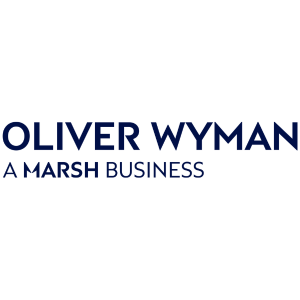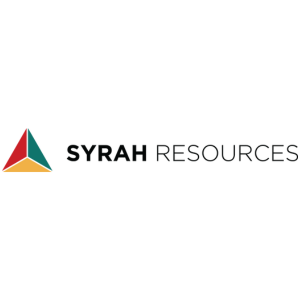Cape Town, 3 February 2025 – Africa should assert its powerful position as a major global producer of minerals, and take advantage of rising global demand to unlock beneficiation benefits to create a better life for its people.
This was the message from South African Minister of Mineral and Petroleum Resources, Gwede Mantashe on the opening day of the Investing in African Mining Indaba 2025 event being held in Cape Town this week.
“Africa is the world’s richest mining jurisdiction,” said Mantashe. “We should internalise that and use it to our advantage. We have something that the world wants. We are not beggars. We must use that endowment for our own benefit as a continent.”
Mentioning recent threats by the United states to withhold funding in response to certain African political policies, Mantashe said Africa should not be dictated to by industrialised nations.
“They want to withhold funding, but they still want our minerals,” he said. “Let’s withhold minerals. Africa needs to assert its advantage and take charge of the growing demand.”
Mantashe was delivering the opening address at Investing In African Mining 2025, the 31st edition of the event, with the theme “Future-proofing African Mining. Today.”
Mantashe pointed out that the mining sector was entering a time of enormous opportunity, as demand soared for a range of new commodities – the so-called “critical minerals” expected to drive new-energy industries as well as technology.
“Gold mining might be in decline in some territories,” Mantashe said. “But the obituaries that have been written for mining at large are premature. Nickel, vanadium, copper, manganese, platinum and many rare-earth elements are all found on this continent. Those are the minerals of the future.”
Africa is home to 30% of the world’s mineral reserves, with South Africa being the world’s largest producer of platinum-group minerals. The DRC produces the majority of the world’s cobalt.
However, Mantashe warned against Africa becoming defined only as a producer of raw commodities. He said the continent needed to enhance its beneficiation capabilities, which generated significantly more value than primary exports.
“We cannot be part of a race to the bottom, where Africa produces raw materials at low prices that are set on global markets and which add little value for our people,” he said.
“In the case of manganese, for instance, there is more value in exporting manganese alloys than the raw manganese commodity. African countries must build that beneficiation capacity. And look to partner with neighbouring countries to create that capacity.”
Underpinning this objective was a need for reliable, affordable and consistent electricity supplies. “Without electricity, we cannot beneficiate,” he said.
Mantashe noted that 2025 coincided with the 70th anniversary of South Africa’s Freedom Charter, which called for people to share in the country’s wealth. He said this rallying call was still valid, and it was more important than ever that African communities have a stake in the continent’s mineral bounty.
Mantashe mentioned that Mintek and the DMRE had completed a survey into the country’s mining industry in 2024, and invited all sector role players to engage with the report and help to plot a way forward for the industry.
Mantashe said it was vital that African nations define for themselves which particular commodities were in fact “critical minerals”, and not be dictated to by the countries of the Global North.
Minerals could do many things beyond supporting the ‘green’ renewable energy transition, said Mantashe.
“African countries must define critical minerals in their own ways,” he said. “In South Africa, for instance, coal is a critical mineral. It is the second-biggest employer in mining. It generates significant export earnings. That means for South Africa, coal is a critical mineral.”
Mantashe welcomed investors to Africa, and encouraged them to build viable, profitable businesses so that they could have positive impacts for their host communities.
“Come to Africa and make money,” he said. “Meet your social obligations, so that you can invest in your communities.”
Mantashe encouraged African nations to build stronger partnerships and regional integration, and to speak with one voice when negotiating mining deals.
“Europe knows the power of working together,” he said. “In Africa, we take different positions and we become vulnerable as a continent,” he said to applause. “Africa needs to stand together.”
In conclusion, Mantashe said he hoped that South Africa’s hosting of the G20 Summit in November would make 2025 the year of an “African G20”. He encouraged African nations to collaborate in shaping policy positions that met the needs of the continent.
“Let’s all contribute,” he said. “Let’s build the Africa we want by working together,” he said.
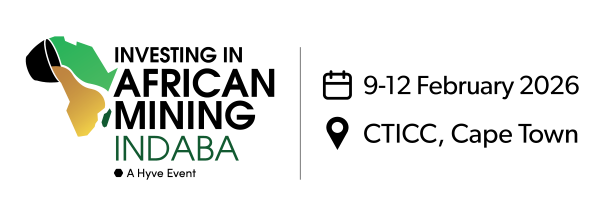
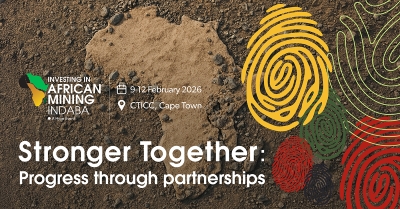
.png?ext=.png)
.png?ext=.png)
.png?ext=.png)
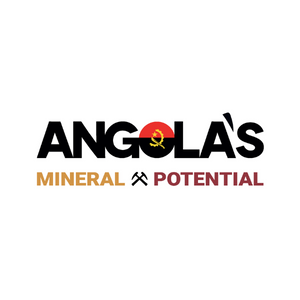
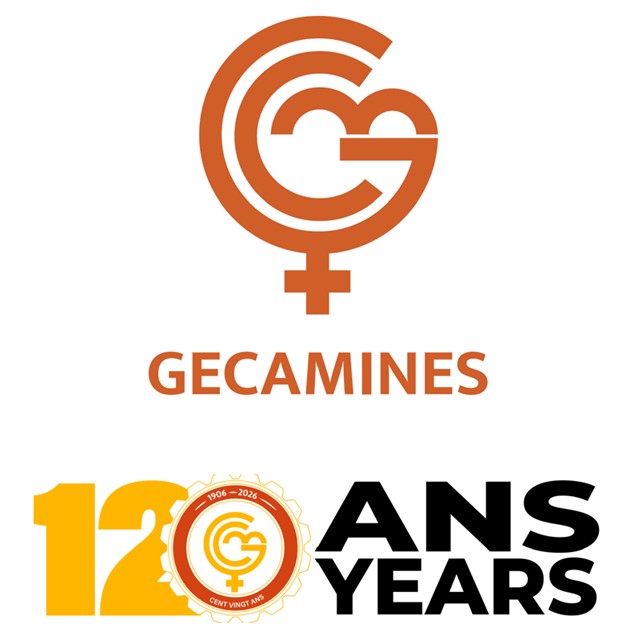
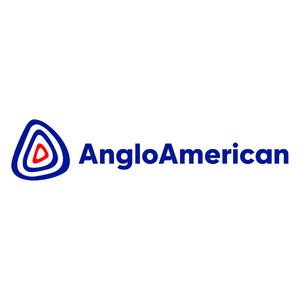

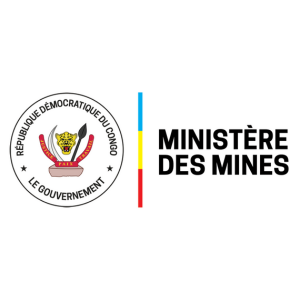
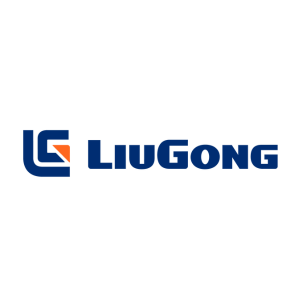
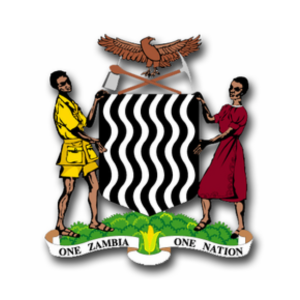

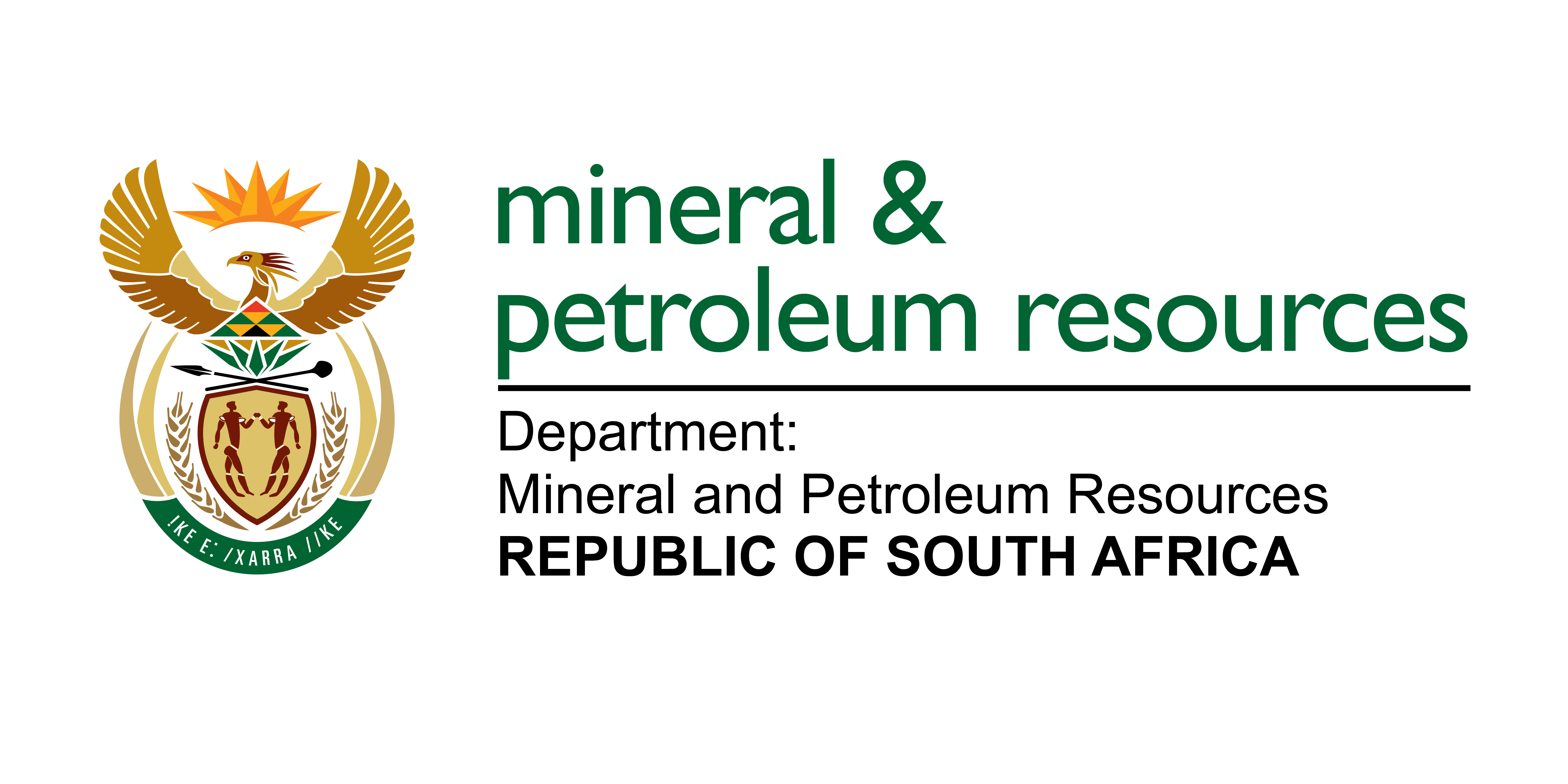-Logo_CMYK_1.jpg?width=1000&height=500&ext=.jpg)
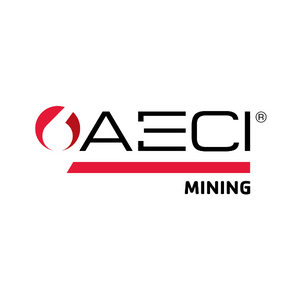


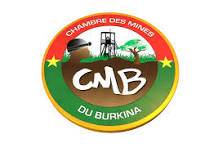
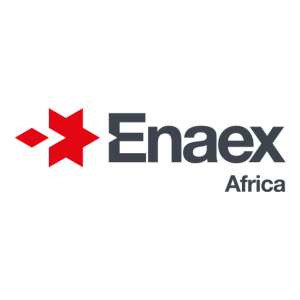


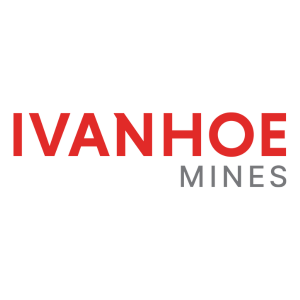
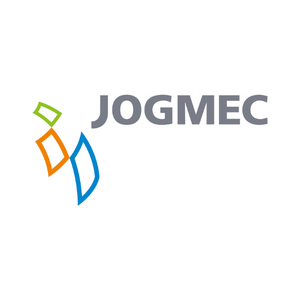

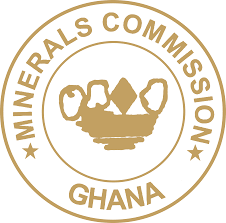
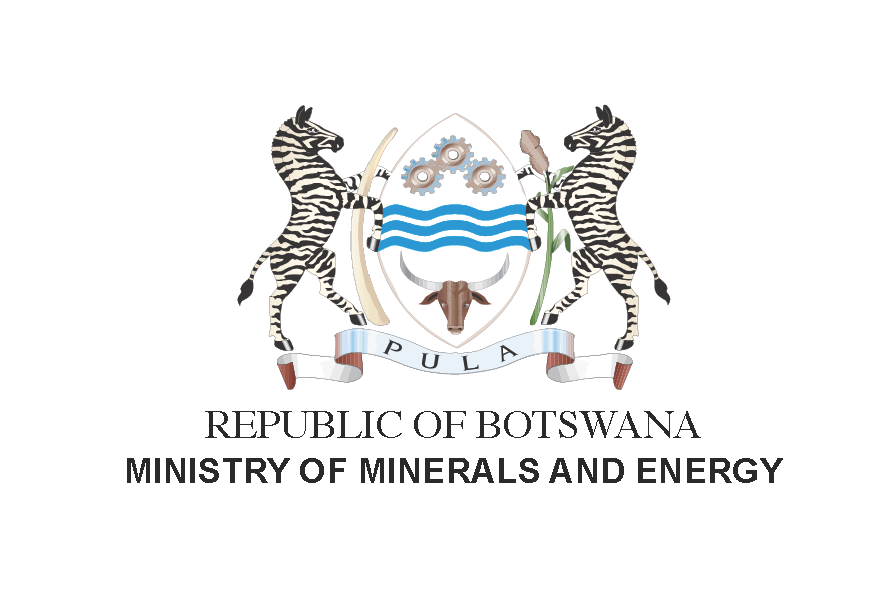.png?width=300&height=208&ext=.png)
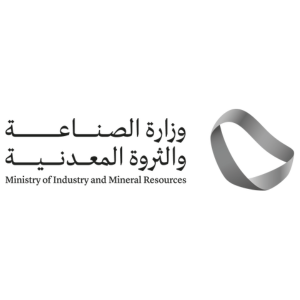
_mi25-weblogo.png?ext=.png)
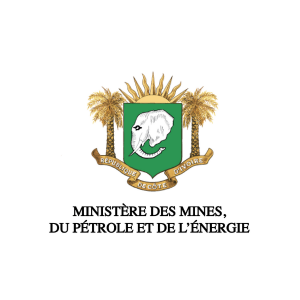
_1.png?ext=.png)


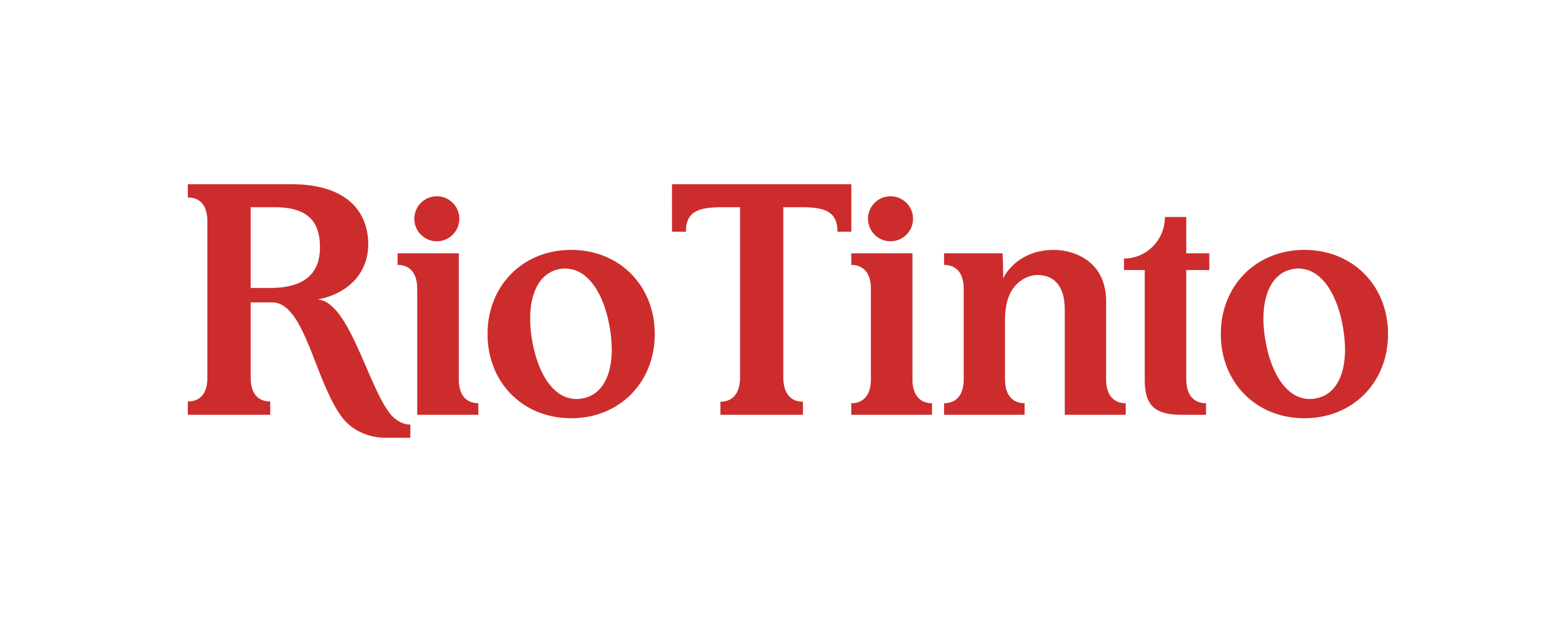



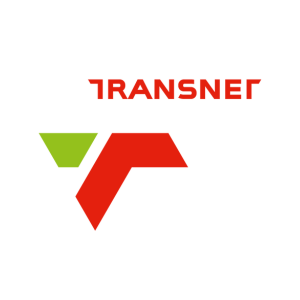
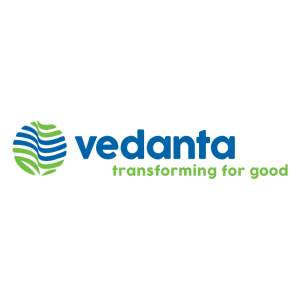

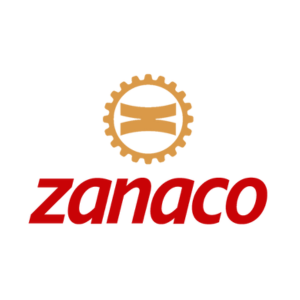

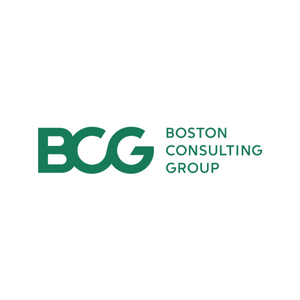
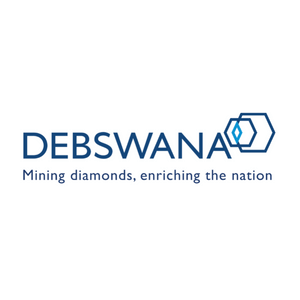



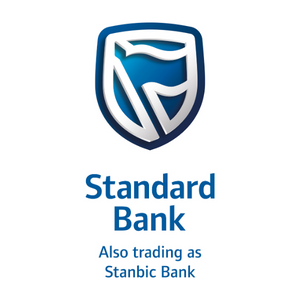


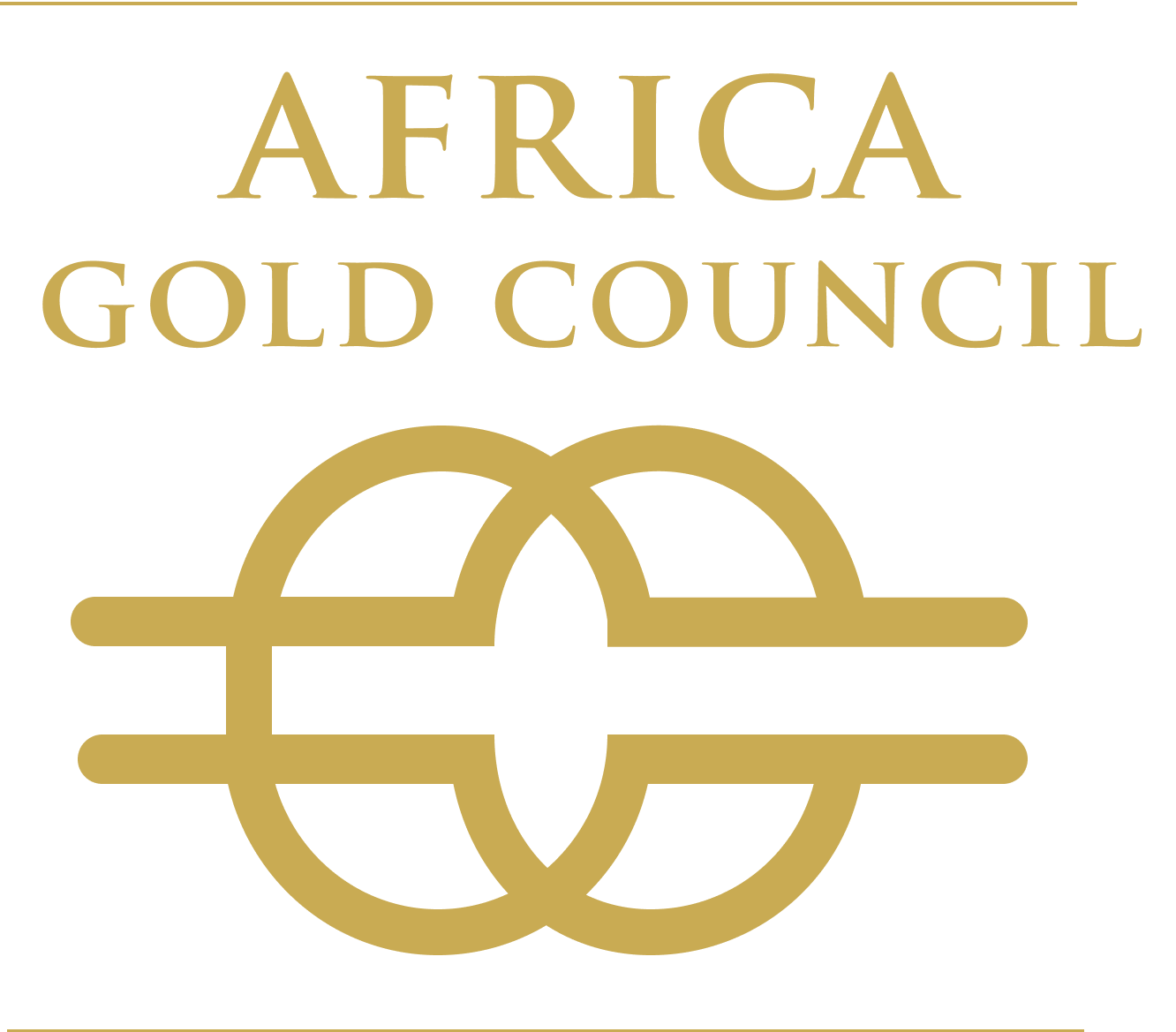
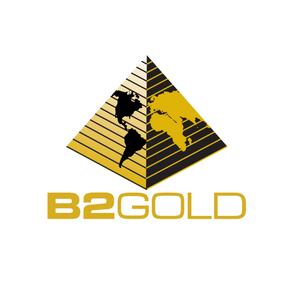
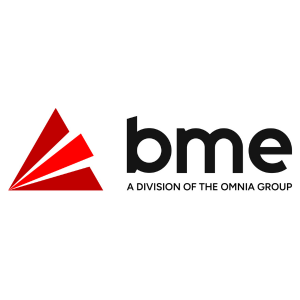








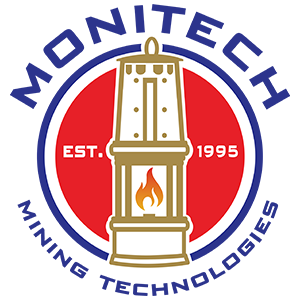




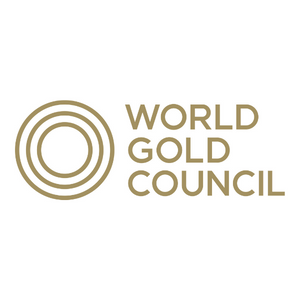
_logo.png?ext=.png)

_mi25-weblogo.png?ext=.png)

